












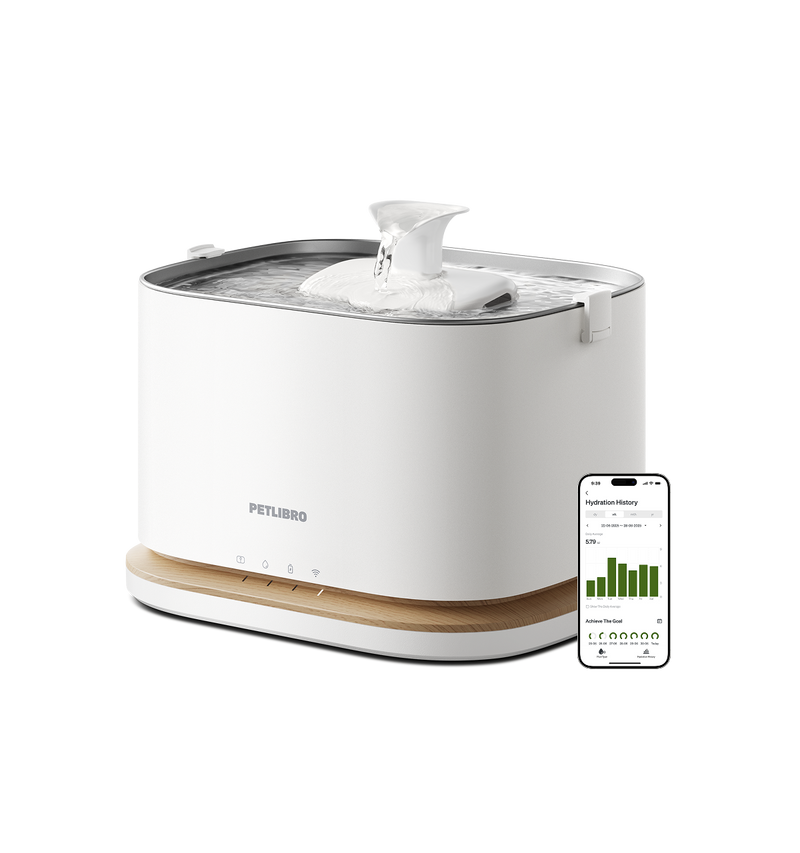
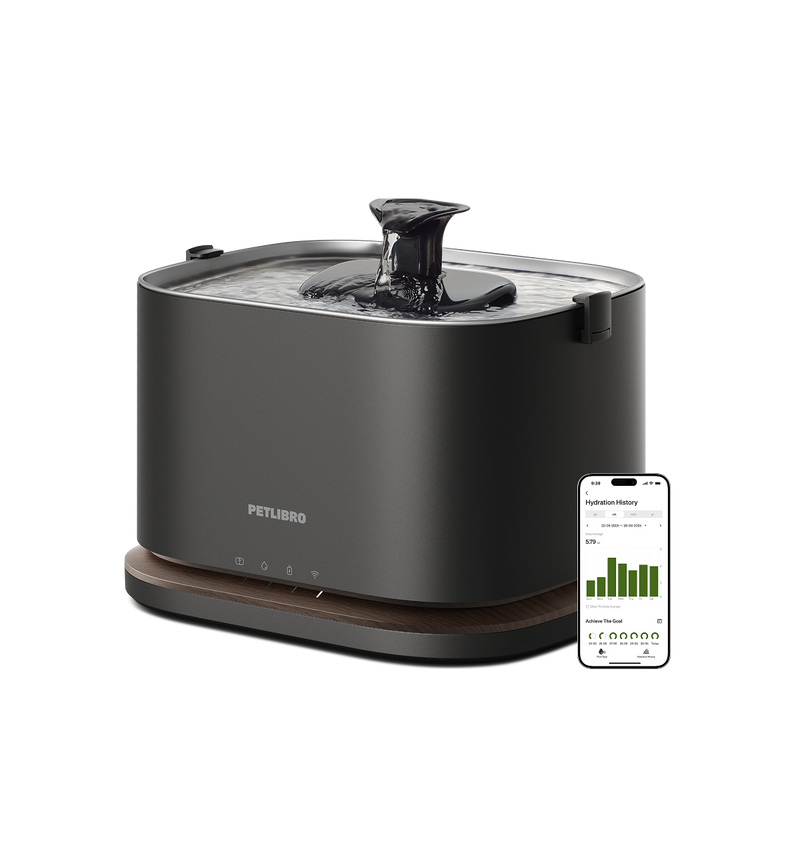
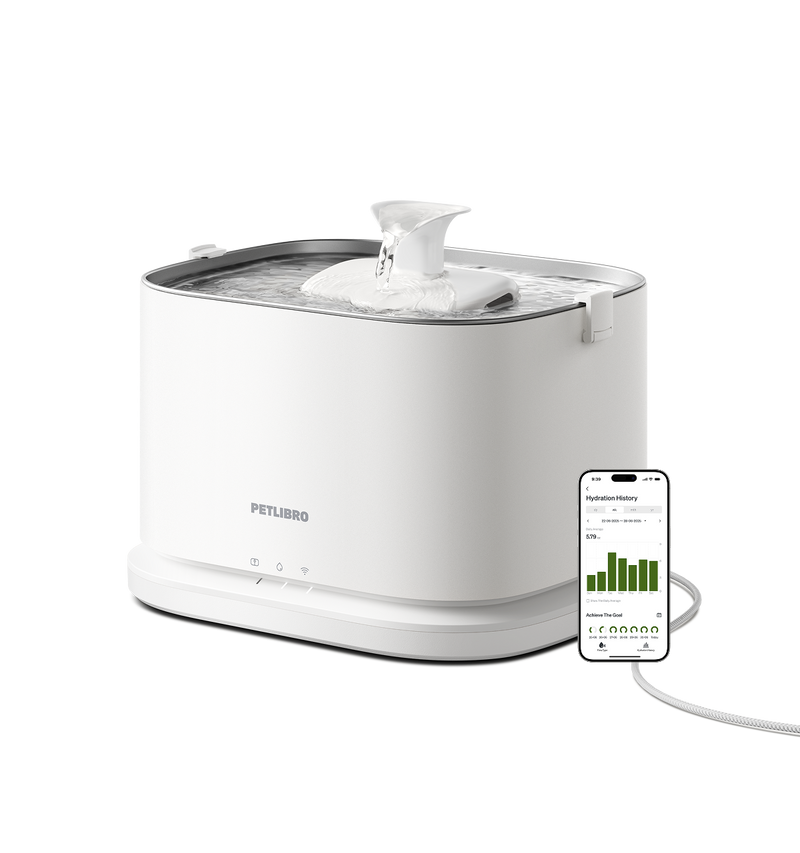
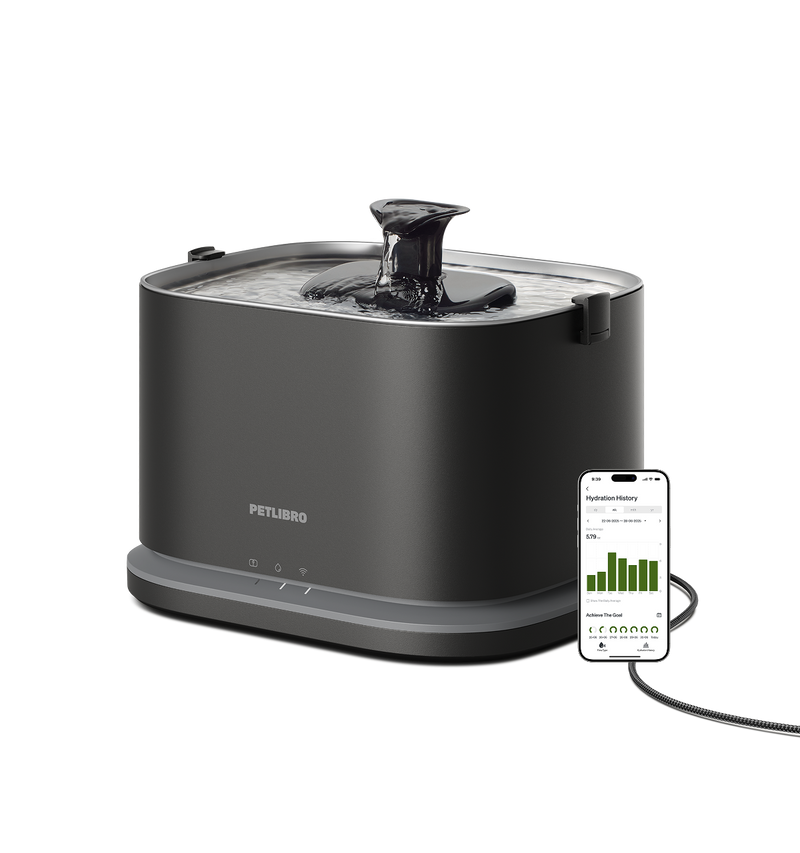










By subscribing, you agree to receive email marketing from Petlibro. Privacy Policy | Terms of Service


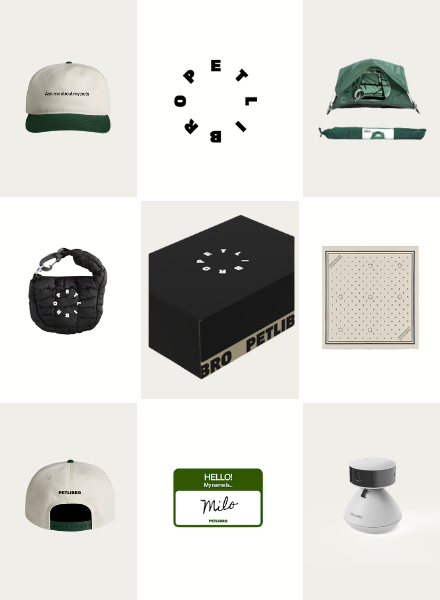

Open to legal U.S. residents, 18 years or older. Void where prohibited. Giveaway begins on 08/26/2025 and ends on 09/15/2025 at midnight PST. Three winners will each receive a limited-edition Petlibro PR Kit, which includes the Scout Smart Camera and select branded merch. Winners will be chosen at random and notified via Instagram or email (depending on entry format) by 09/30/2025. If a winner does not respond within 48 hours, another may be selected. Odds of winning depend on the total number of eligible entries received. Only one email entry per person will be counted, though additional entries may be submitted through the bonus methods described above. Petlibro is not liable for any issues that arise from participation or use of the prize. Personal information will be collected and handled in accordance with our Privacy Policy.


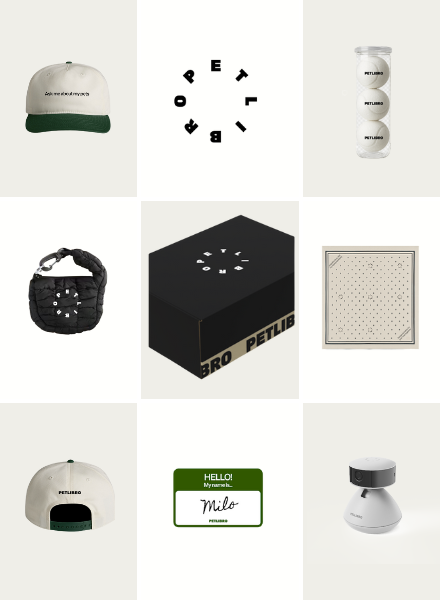

Open to legal U.S. residents, 18 years or older. Void where prohibited. Giveaway begins on 08/26/2025 and ends on 09/15/2025 at midnight PST. Three winners will each receive a limited-edition Petlibro PR Kit, which includes the Scout Smart Camera and select branded merch. Winners will be chosen at random and notified via Instagram or email (depending on entry format) by 09/30/2025. If a winner does not respond within 48 hours, another may be selected. Odds of winning depend on the total number of eligible entries received. Only one email entry per person will be counted, though additional entries may be submitted through the bonus methods described above. Petlibro is not liable for any issues that arise from participation or use of the prize. Personal information will be collected and handled in accordance with our Privacy Policy.


Contrary to popular belief, cats should not be given milk as it is not suitable for adult cats. While kittens naturally consume their mother's milk as infants, their nutritional needs change as they grow. Milk becomes less beneficial for them, and they should be weaned off it and introduced to solid food between four and ten weeks of age.
While milk can still be enjoyed by some cats without any adverse effects, others may experience digestive disturbances due to lactose intolerance. The lactose enzyme that allows cats to properly digest milk starts to decrease as they mature, leading to symptoms such as gas, bloating, and diarrhea. Therefore, it is advisable to offer lactose-free alternatives, such as lactose-free milk or specialized cat milk, to prevent any discomfort. Despite the potential digestive issues, the allure of milk remains strong for many felines. The aroma and taste trigger their natural instincts and stimulate their appetite. Additionally, milk provides hydration, which is beneficial for cats who may not consume enough water from their regular diet. Furthermore, the act of drinking milk can serve as a bonding experience between cats and their owners. The shared moment of offering a dish of milk can create a sense of trust and affection, fostering a deeper connection. It also presents an opportunity for owners to observe their cats' behavior and ensure their overall well-being.
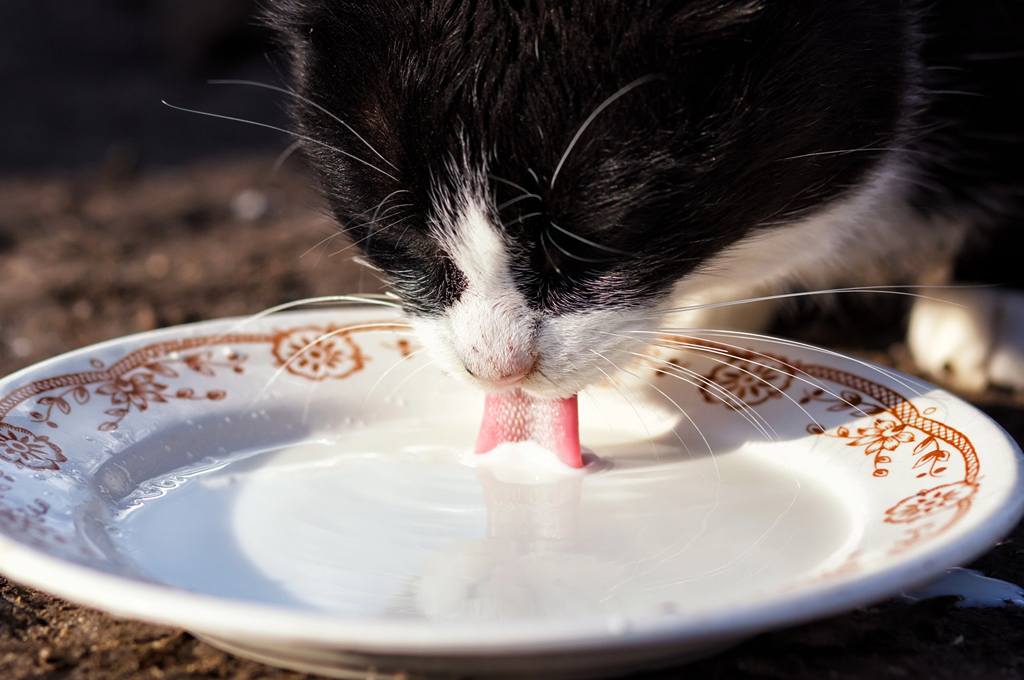
Most adult cats are lactose intolerant, meaning they lack the enzyme lactase to break down lactose, the sugar present in milk. Consuming milk leads to gastrointestinal discomfort, resulting in symptoms like vomiting, diarrhea, and abdominal pain. It is safer to avoid giving cats milk altogether, even if some cats may have better lactose tolerance than others.
In summary, it is important to note that milk is not suitable for adult cats because they have difficulty digesting lactose. Although kittens can consume their mother's milk during their initial development, it becomes less appropriate as they mature. Instead, providing adequate water is crucial for cats to stay hydrated, as it is their primary source of hydration. Fortunately, there are alternative milk products available that are specially designed to meet cats' nutritional needs. By being aware of these facts, pet owners can effectively maintain the health and overall well-being of their beloved feline companions.